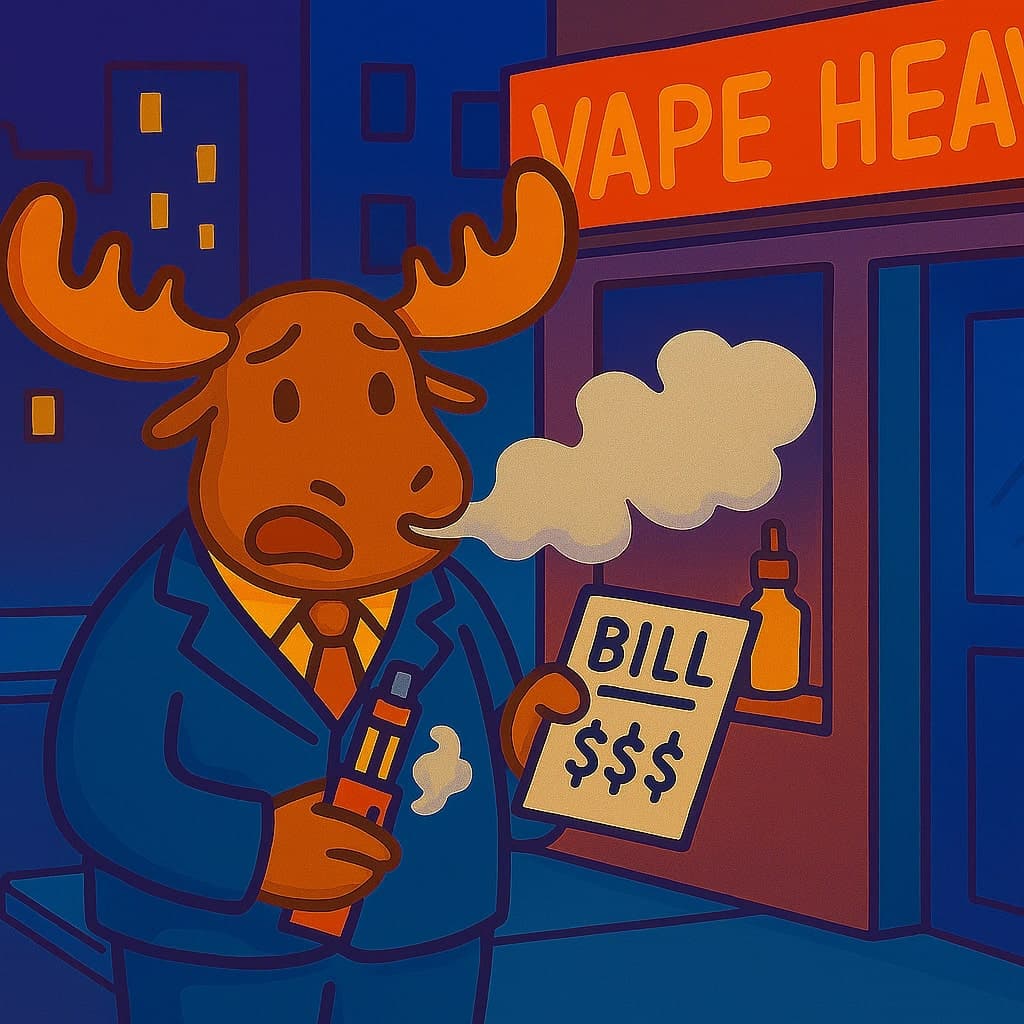
EU Support Schemes for Renewable Energy
An example of EU governments using subsidies and support schemes to promote renewable energy, correct positive externalities, and reduce welfare loss in energy markets.
Read ArticleIntroduction
In 2024, the European Union reaffirmed its commitment to expanding renewable energy capacity through national support schemes and competitive tenders designed to promote clean energy investment (European Commission, 2024). While renewable energy technologies such as solar and wind have become increasingly competitive due to falling costs, the European Green Deal and REPowerEU objectives demand further expansion of renewable generation. To achieve these goals, the EU allows member states to provide public financial support for renewable energy projects, provided it is implemented transparently, competitively, and without distorting market efficiency.
These support mechanisms are intended to accelerate the transition to cleaner energy by addressing positive externalities associated with renewable electricity production, such as reduced carbon emissions and improved public health.
Application to IB Economics
This case provides a strong microeconomics example of how governments use subsidies to correct market failure and promote goods that generate positive externalities.
- Positive Externalities of Renewable Energy: Renewable energy creates social benefits such as lower pollution, energy security, and climate resilience that exceed private benefits. However, since private firms do not receive payment for these wider benefits, the market underproduces renewable energy relative to the socially optimal level (Q).
- Policy Effect on Market Equilibrium: By providing subsidies or financial incentives, governments effectively lower the cost of production for renewable energy firms. This shifts the supply curve to the right, increasing output from the market equilibrium (Qm) to the socially optimal level (Q*), thereby reducing welfare loss.
- Market-Based Allocation (Tenders): In line with the Renewable Energy Directive, EU countries allocate support through competitive tenders—open and transparent auctions where firms bid for funding. This ensures that subsidies are distributed efficiently and cost-effectively, minimizing government waste while maximizing renewable energy deployment.
Evaluation: While subsidies and tenders help internalize positive externalities and promote sustainability, they must be carefully designed to avoid market distortion or overdependence on public support. As renewable technologies become more efficient, the need for subsidies should gradually decline. In addition, poorly targeted schemes may raise electricity prices for consumers or give excessive advantage to large corporations. Nevertheless, EU support policies remain crucial in driving the green transition toward long-term energy efficiency and lower carbon emissions.
In IB Paper 1 (15-mark) essays, this example can be used to illustrate government intervention to correct positive externalities, evaluate its effectiveness, and discuss the trade-offs between efficiency, equity, and sustainability.
Key Terms Explained
- Positive Externality: A benefit enjoyed by third parties as a result of an economic activity, such as cleaner air from renewable energy production.
- Subsidy: A payment or financial incentive from the government to reduce production costs and encourage higher output of socially beneficial goods.
- Market Failure: A situation where the free market fails to allocate resources efficiently, often resulting in underproduction of goods with positive externalities.
- Socially Optimal Output (Q): The output level where the marginal social benefit (MSB) equals the marginal social cost (MSC), maximizing total welfare.
- Welfare Loss: The loss of potential welfare due to underproduction or overproduction in the market compared to the social optimum.
- Tender (Auction): A competitive bidding process through which governments allocate financial support to renewable energy projects in a cost-efficient and transparent manner.
The EU’s renewable energy support schemes demonstrate how targeted subsidies can help internalize positive externalities, promote sustainable growth, and correct market failure—while emphasizing the importance of balancing efficiency with long-term environmental objectives.
Related Articles
Explore more microeconomics examples

An example of South Africa introducing a vaping tax to reduce negative externalities associated with e-cigarette use and protect public health.

An example of government intervention during the Great Depression, where U.S. farmers received subsidies under the Agricultural Adjustment Act (AAA) to reduce overproduction and stabilize prices.